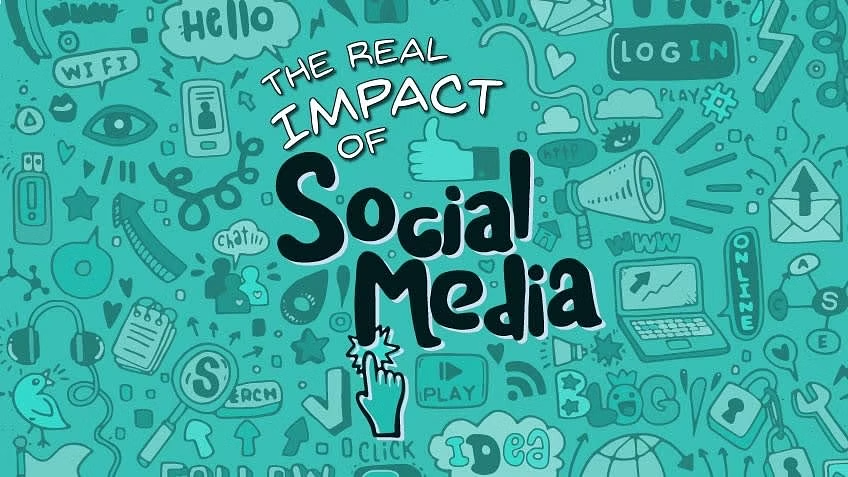This topic examines the effects of social media on various aspects of society, such as communication, politics, and mental health.
Social media has become an integral part of modern society, transforming the way we communicate, consume information, and interact with one another. While social media has many benefits, it also has the potential to impact society in negative ways.

In this article, we will explore the impact of social media on society and examine its effects on communication, politics, and mental health.
One of the most significant impacts of social media on society is its effect on communication. Social media platforms such as Facebook, Twitter, and Instagram have revolutionized the way we communicate, allowing us to connect with people from all over the world instantly.
This has expanded our social networks and enabled us to form relationships with people we may not have otherwise met. Additionally, social media has created new opportunities for businesses and organizations to connect with customers and supporters.
However, social media has also changed the nature of communication. Online communication can be less personal and can lack the nuances of face-to-face communication, leading to misunderstandings and conflicts.
Additionally, social media can create echo chambers, where individuals are only exposed to opinions and viewpoints that align with their own, which can lead to polarization and the spread of misinformation.
Social media has also had a significant impact on politics. It has provided politicians with new opportunities to connect with voters and communicate their messages directly to the public. Social media has also enabled citizens to participate in political discourse and engage with political issues.
However, social media has also been implicated in the spread of misinformation and the manipulation of public opinion. This has raised concerns about the impact of social media on democracy and the role of social media platforms in regulating political content.
Another significant impact of social media on society is its effect on mental health. Social media can create pressure to present an idealized version of oneself, leading to feelings of inadequacy and anxiety. Additionally, social media can be addictive, leading to excessive use and a lack of productivity.
Social media can also expose individuals to cyberbullying and harassment, which can have negative effects on mental health.
However, social media can also provide opportunities for social support and connection. Social media can be a source of emotional support and can help individuals feel less isolated. Additionally, social media can provide access to information and resources for mental health issues.
Acknowledging social media’s potential impact on society is crucial, addressing its negative effects while harnessing positive benefits. Platforms must promote responsible use, combat misinformation, and curb hate speech. Individuals can promote healthy use by limiting screen time, prioritizing self-care, and seeking support as needed.
Conclusion
Social media has profoundly impacted society, altering communication, political engagement, and perceptions of mental health.
While it expands social networks and facilitates political involvement. Social media can also foster echo chambers, spread misinformation, and harm mental well-being.
Addressing these issues is vital to promoting healthy and responsible social media use. Balancing its positive benefits with mitigating negative societal impacts. 온라인카지노사이트
